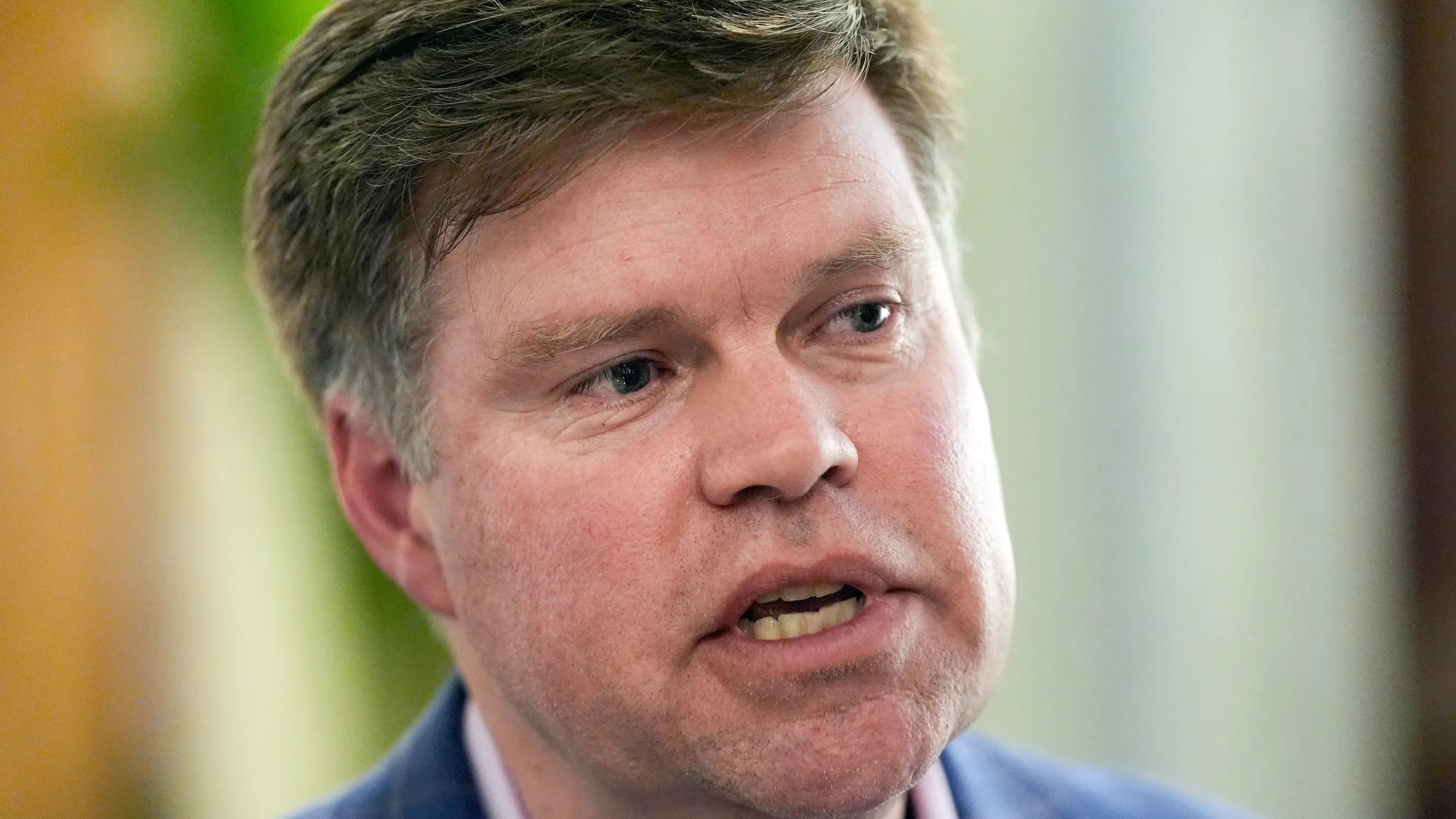On Super Tuesday, President Joe Biden faced an unexpected challenge in American Samoa, where he was bested by a previously unknown candidate named Jason Palmer. Palmer won 51 out of 91 ballots cast in the territory’s caucus, while Biden received 40 votes, according to the local party.
Despite his victory, Palmer had not visited American Samoa before the caucus and conducted his campaign remotely through Zoom town halls and conversations with voters. His platform focused on advocating for the territory in Washington D.C., particularly on issues relevant to its residents.
Palmer, a 52-year-old Baltimore resident, has a background in working with businesses and nonprofits, often on matters related to technology and education. He believes that voters in American Samoa are looking for a more forward-thinking candidate than Biden to lead the country.

Jason Palmer (Credits: UPMatters.com)
While Biden’s loss in American Samoa is a minor setback, it is unlikely to significantly impact his path to securing the Democratic nomination. The territory only had six delegates at stake, and both Palmer and Biden earned three delegates each from the race.
Palmer’s campaign has been largely self-funded, with him loaning his campaign over $500,000. He expressed a belief that using his own money to fund his campaign is a way to make a positive impact in the world.
American Samoa has been the site of unexpected victories in the past, such as billionaire Michael Bloomberg’s sole win during the 2020 Democratic primaries. Residents of U.S. territories like American Samoa can participate in primaries but do not have representation in the Electoral College.























